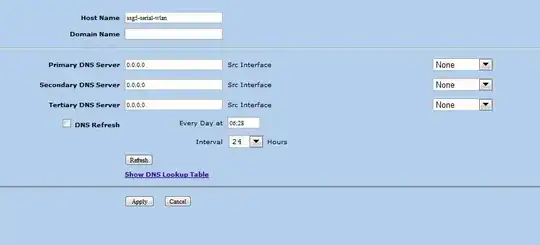I know CDNs like Cloudflare save bandwidth by caching static files as images, JS, and CSS files.
I have a script that generates images on the fly and its location looks something like this:
http://domain.com/image.php?id=1
With id being the image id. Cloudflare won't cache these images due to the dynamic URL. If I add a mod rewrite rule to rewrite the URL to become something like:
http://domain.com/images/1
or
http://domain.com/images/1.jpg
Will CloudFlare cache the images in this case or the images have to actually be real files that reside in directories?

